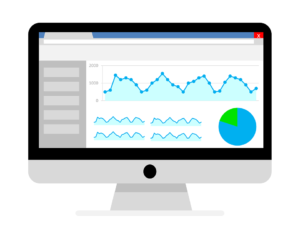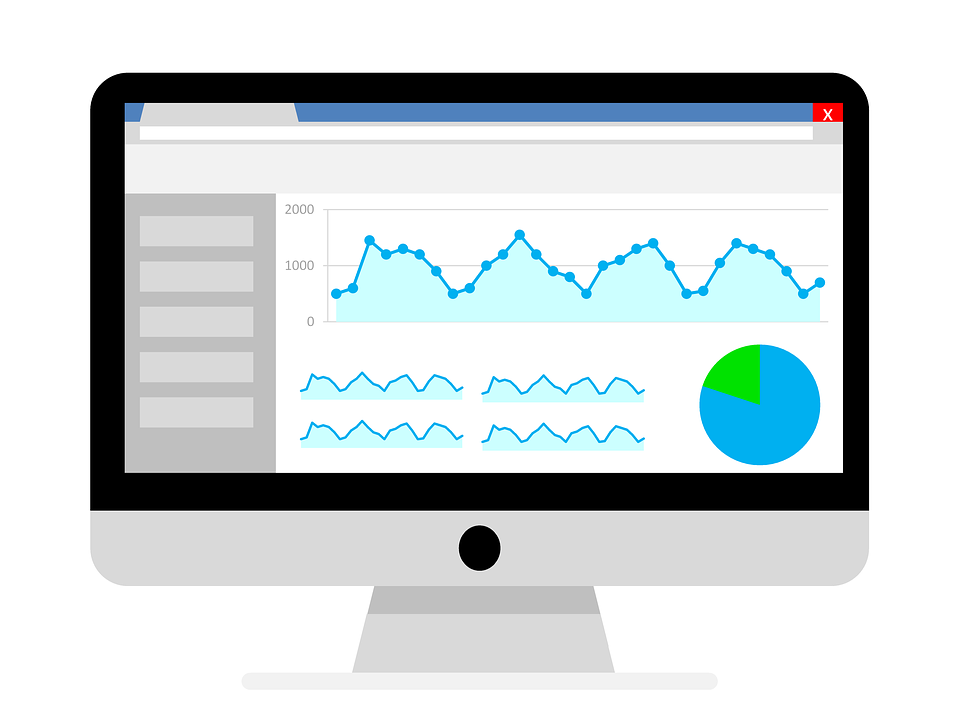 Understanding Google Analytics data doesn’t require an advanced degree, but for some, it can sure feel that way. While there is an abundance of useful metrics and insights, it can be overwhelming if you don’t know what you should be looking for, thus making it harder to discover actionable insights.
Understanding Google Analytics data doesn’t require an advanced degree, but for some, it can sure feel that way. While there is an abundance of useful metrics and insights, it can be overwhelming if you don’t know what you should be looking for, thus making it harder to discover actionable insights.
It’s easy to get caught up in monthly fluctuations of sessions and page views; however, what is really important in terms of selling homes is the quality (site engagement/conversion), NOT the quantity (sessions) of online traffic. Just as you don’t want unqualified buyers touring your homes, or qualified buyers taking one look at the entryway and leaving, you want quality traffic engaging with your site.
Below are THREE of the most important key performance indicators we recommend you track and analyze in order to drive high-quality buyers to your website.
PAGES PER SESSION
While first clicks may not tell you much, second and third clicks provide valuable insights on how and what buyers are engaging with on your website. When buyers click on multiple articles or pages within your site, it’s a sign that they’re interested in learning more about your homes. Remember, it is much more cost-efficient to get a current visitor to go to another page than it is to attract a new one to that same page.
How can you increase pages per session? Make sure your website’s design makes it easy for users to navigate to additional content, and provide clear call to actions/links leading to additional site pages. For example, if the home being shown is a Smart Home, include a link on the page inviting users to “Learn How A Smart Home Will Make Your Life Easier.” Similarly, invite users to the Smart Home’s information pages to submit a contact form or sign up for a special smart home promotion.
TIME ON SITE
Average session duration is one of the most crucial indicators of buyer interest in your homes. The more time a buyer spends looking your product, the more interested they tend to be.
How can you increase time spent on site? Similar to optimizing for pages per session, make sure your site is user friendly and includes lots of high-quality content. Be sure to include professional photo/video galleries that are visually appealing, along with clear and concise descriptions of the features and amenities shown in the galleries. Virtual Tours are also a great way to increase user engagement with your product and increase time on site.
% NEW VISITS
“% New Visits” indicates the percentage of visitors to your site who have not been there previously. Remarketing is an important component of all digital marketing strategies, but ideally, you want to be driving NEW potential buyers to your site via paid search, social media, and other channels.
How can you increase % New Visits? Keep your online and offline advertising channels fresh. Avoid ad fatigue by updating your ad creative every few months. Since all buyers respond differently to ads, fresh creative can help your branding and messaging catch the attention of buyers that it may not have in the past. Keep your digital campaigns original with new channels, sources, and mediums. If you are unsure about a new tactic, test it out with a limited trial campaign. In a best-case scenario, it might turn into a source of quality buyers. At the very least, you can pause the limited trial campaign and use the data to inform future digital strategy.
CONCLUSION
Make an effort to track and understand Pages Per Session, Time On Site, and % New Visits. These three metrics are valuable indicators of your site’s content and how well buyers are responding to your product, and should be a fundamental part when measuring a campaign’s success. In short: increased site engagement leads to increased homes sold.
P.S. TRACK CONVERSIONS! Conversion tracking can be difficult at times to set up; however, once it’s running, conversion tracking provides invaluable insights into all of your digital campaigns. If you are not leveraging conversion tracking to optimize your paid search, remarketing, and other digital campaigns, you are losing important data that could help you increase your traffic and leads. At Group Two, we track all possible conversion points in our digital campaigns, and strongly recommend that you do the same. Need help setting up conversion tracking? Contact us to get started!

By Bill Doughty –
Digital SEM Specialist

